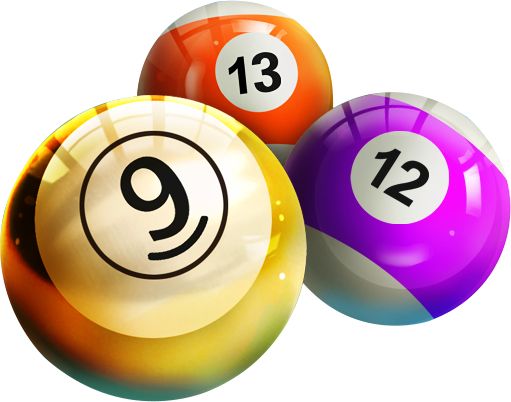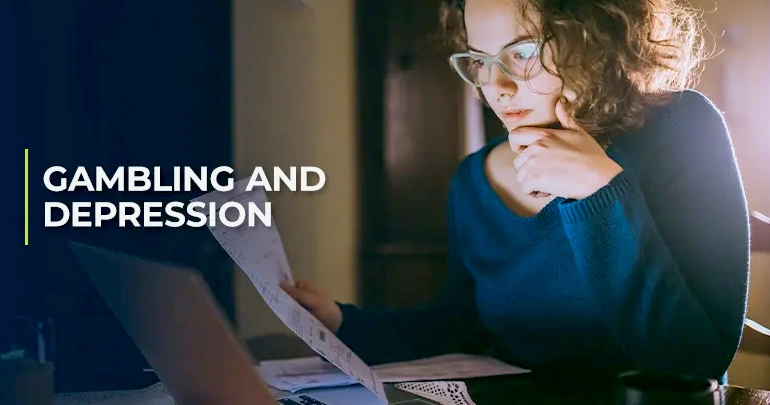In moments of emotional distress, individuals sometimes turn to unconventional methods to cope with their feelings. Surprisingly, some find solace and temporary relief from depressive symptoms through gambling. Top platforms like Librabet offer immersive entertainment, momentarily distracting users from negative emotions. However, while this temporary respite may feel beneficial, relying on gambling as a coping mechanism carries significant dangers. This article explores both sides of this complex issue, highlighting how gambling can momentarily lift depressive moods and why it remains a highly risky method.
Understanding Depression and Gambling
Depression is more than just feeling sad; it’s a persistent condition characterized by deep despair, low energy, loss of interest, and difficulty concentrating. People suffering from depression may seek relief through various means—therapy, medication, exercise, or in some cases, gambling.
The Appeal of Gambling
Gambling provides an intense distraction. The immersive nature of casino games, particularly online platforms, draws attention away from depressive thoughts. Bright visuals, engaging sound effects, and the excitement of potential wins create an absorbing experience that can momentarily overshadow feelings of depression.
Psychological Mechanisms at Work
The anticipation and thrill associated with gambling stimulate dopamine release, a neurotransmitter responsible for feelings of pleasure and reward. This chemical surge temporarily alleviates depressive symptoms by enhancing mood, increasing energy, and providing a sense of excitement and hope.
Temporary Relief: How Gambling Helps (Short-Term)
Although controversial, gambling can indeed provide immediate, albeit brief, emotional relief from depressive symptoms. Understanding how this happens can illuminate why some individuals repeatedly turn to it.
Immediate Mood Elevation
Engaging in gambling activities, especially during wins or near-wins, can rapidly elevate mood. This immediate emotional uplift contrasts sharply with the persistent negativity of depression, making gambling attractive as a quick escape from emotional pain.
Sense of Control and Empowerment
Depression often leaves individuals feeling powerless. Gambling, however, provides a sense of control—placing bets, making strategic decisions, and influencing outcomes can briefly restore a sense of agency, combating feelings of helplessness associated with depression.
Social Connection and Engagement
Online gambling platforms often include live dealer games and chat features, fostering social interactions. For depressed individuals, engaging in online communities or multiplayer gambling games can mitigate feelings of isolation and loneliness.
Real Stories: When Gambling Has Been a Lifeline
While controversial, anecdotal accounts reveal moments when gambling has acted as a lifeline for some experiencing depression.
Momentary Escape
Many individuals describe gambling as a temporary sanctuary from intense emotional distress. Engaging with casino platforms offers a structured distraction, helping them cope with moments of acute emotional pain.
Boosted Self-esteem
Winning, even small amounts, can significantly boost self-esteem and self-worth temporarily. For individuals grappling with depression-induced low self-esteem, gambling can offer brief, uplifting experiences.
The Dark Side: Why Gambling as a Coping Mechanism Is Dangerous
Despite temporary benefits, using gambling to cope with depression is fraught with significant risks.
Risk of Addiction
The dopamine release that makes gambling temporarily relieving also contributes to its addictive potential. The more someone relies on gambling for emotional relief, the higher the risk of developing problematic gambling behaviors.
Financial Consequences
Depression can impair judgment and decision-making. Individuals might chase losses irrationally, leading to severe financial distress. Debt and financial instability resulting from gambling exacerbate stress, further deepening depression.
Emotional Dependency
Gambling as a coping mechanism can create emotional dependency, leaving individuals incapable of managing depressive symptoms without gambling. This dependency hinders the development of healthier coping strategies, prolonging emotional struggles.
Escalation and Isolation
Problem gambling often leads individuals to isolate themselves due to shame, guilt, and secrecy. Isolation significantly worsens depressive symptoms, creating a vicious cycle difficult to escape.
Responsible Gambling: Minimizing Risks
If gambling remains part of someone’s life, it must be approached responsibly and cautiously, particularly if emotional vulnerability exists.
Setting Clear Limits
Platforms encourage responsible gambling practices, including deposit limits, betting limits, and self-exclusion options. Setting clear boundaries is crucial for minimizing potential harm.
Seeking Professional Support
Anyone gambling to relieve depressive symptoms should simultaneously seek professional mental health support. Therapists can help individuals develop healthier coping strategies, reducing reliance on gambling.
Alternative Coping Strategies
Gambling is neither a sustainable nor healthy method for managing depression. Alternative strategies offer safer, more effective paths to emotional relief.
Professional Therapy
Cognitive-behavioral therapy (CBT) and other counseling approaches effectively address depressive symptoms, providing long-term relief and coping strategies that gambling cannot sustainably offer.
Physical Exercise and Healthy Lifestyle
Regular physical exercise boosts endorphin levels and significantly improves mood. Unlike gambling, the benefits of physical activity are sustained and non-addictive.
Building Supportive Relationships
Strengthening personal relationships, participating in community activities, and seeking peer support significantly reduce depressive symptoms. Meaningful social interactions provide sustainable emotional relief and build resilience against depression.
Conclusion: Balancing the Risks and Benefits
While gambling, including through engaging platforms might temporarily alleviate depressive symptoms, it remains a high-risk, unsustainable coping method. The dangers of addiction, financial harm, and emotional dependence far outweigh the momentary relief it provides.
Gambling is not inherently problematic when approached responsibly, but as a method for coping with depression, it requires caution and self-awareness. Professional mental health support combined with healthy lifestyle choices provides safer, more effective long-term relief from depressive symptoms.
Understanding the psychological appeal and the inherent dangers of gambling helps individuals make informed choices. Recognizing gambling’s potential to exacerbate depression rather than alleviate it long-term underscores the critical importance of adopting healthier coping mechanisms and seeking professional help.


